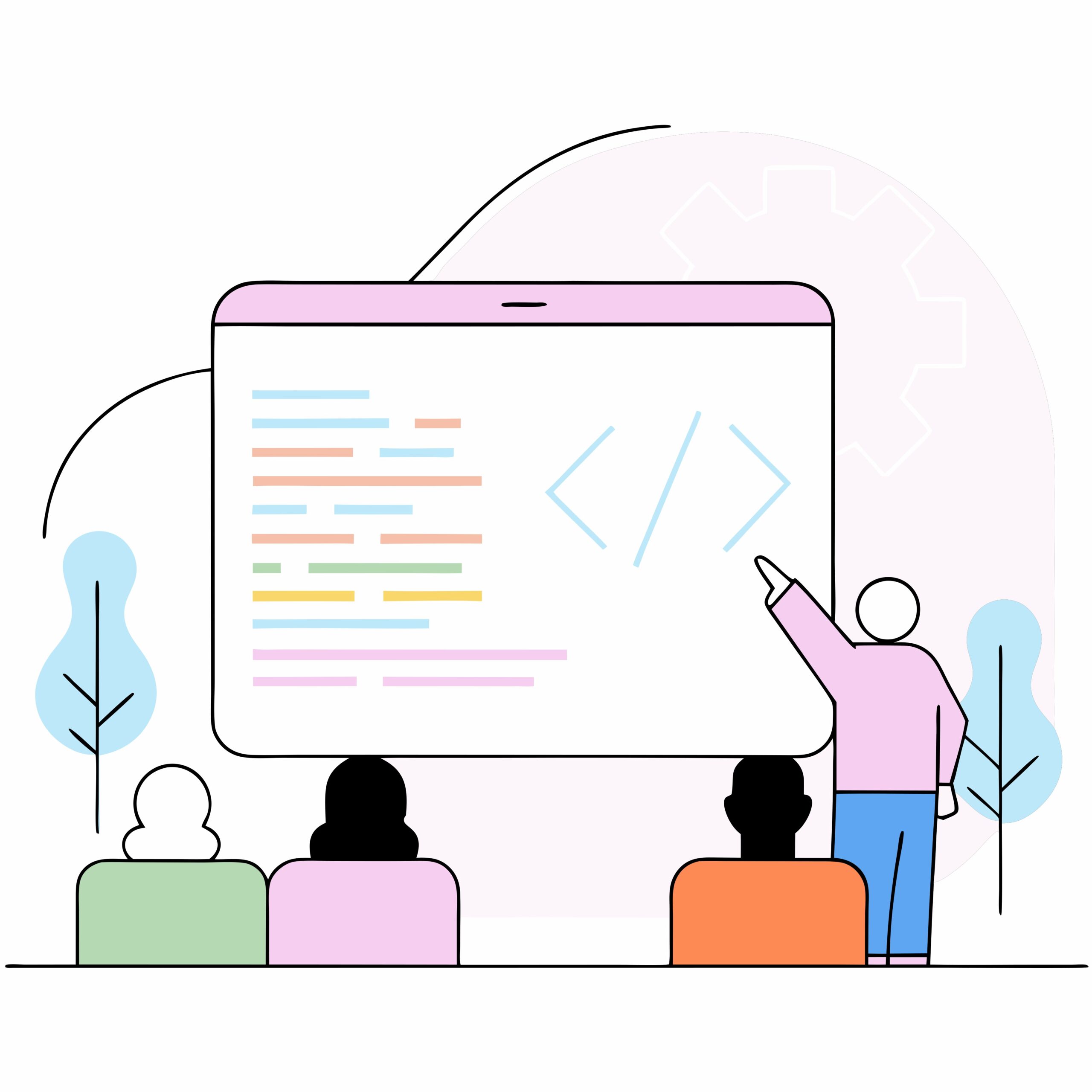In today’s competitive and fast-paced business environment, ERP Planning Software is indispensable for organizations seeking efficiency, accuracy, and agility. By integrating core business processes like production planning, inventory control, procurement, finance, and HR into a single unified system, ERP planning software enables companies to make data-driven decisions, optimize resources, and streamline operations. Whether you are a manufacturer, distributor, or service provider, investing in the right ERP planning software can significantly enhance your operational capabilities.
What is ERP Planning Software?
ERP Planning Software is a centralized digital platform designed to plan, manage, and monitor various business operations in real-time. It synchronizes data across departments to support strategic planning, demand forecasting, capacity planning, and resource allocation.
Unlike standalone tools, ERP planning software offers a holistic view of your entire organization, ensuring that every department works in alignment with company goals. It bridges the gap between day-to-day operations and long-term planning strategies.
Core Features of ERP Planning Software
1. Advanced Resource Planning
ERP systems allow businesses to forecast resource needs — including manpower, raw materials, and machine availability — ensuring that projects and production schedules run smoothly without bottlenecks.
2. Demand Forecasting
Using historical sales data and market trends, ERP planning software provides accurate demand forecasts, enabling efficient procurement and production planning.
3. Production and Manufacturing Planning
For manufacturers, ERP software provides Material Requirements Planning (MRP) and Master Production Scheduling (MPS) to align raw material orders with production timelines.
4. Financial Planning and Budgeting
ERP systems integrate with accounting and finance modules to manage budgets, cash flow projections, and capital expenditures — all tied directly to operational plans.
5. Supply Chain and Procurement Planning
Optimize your supply chain with real-time tracking, vendor management, and automated reordering based on inventory levels and sales velocity.
6. Workforce Planning
Plan for current and future staffing needs using integrated HR and payroll modules, complete with recruitment, training, and performance tracking tools.
7. Scenario Analysis and What-If Planning
Evaluate multiple business scenarios using what-if simulations to prepare for market changes, resource constraints, or expansion plans.
Benefits of ERP Planning Software
1. Improved Efficiency
By automating data collection and reducing manual intervention, ERP planning tools streamline operations, saving time and effort across departments.
2. Real-Time Visibility
Gain a comprehensive, real-time overview of business performance, production progress, and resource allocation.
3. Data-Driven Decision Making
With accurate analytics, dashboards, and KPIs, leaders can make informed strategic decisions based on real-time data insights.
4. Enhanced Collaboration
ERP planning systems improve interdepartmental communication, aligning teams on project goals, deadlines, and deliverables.
5. Cost Reduction
By minimizing overproduction, inventory excesses, and labor inefficiencies, ERP software contributes directly to cost savings and profitability.
Top ERP Planning Software Solutions
1. SAP S/4HANA
A market leader offering robust planning tools for manufacturing, finance, and supply chain, SAP S/4HANA is best suited for large and complex organizations.
2. Oracle NetSuite
Cloud-based and modular, NetSuite is ideal for mid-sized businesses looking for integrated financial, operational, and workforce planning.
3. Microsoft Dynamics 365
Perfect for businesses already using Microsoft products, Dynamics 365 offers strong planning features along with Power BI for analytics and forecasting.
4. Odoo ERP
An open-source and cost-effective ERP solution with planning tools for inventory, production, and workforce, Odoo is highly customizable.
5. Infor CloudSuite
Popular in the manufacturing and distribution sectors, Infor provides industry-specific planning tools that integrate easily with existing operations.
6. Wybrid Super App
Cost effective and fully cloud based application which provide you the best customizable.
Industries That Benefit from ERP Planning Software
1. Manufacturing
Manage production scheduling, capacity planning, and material procurement in real-time, reducing waste and increasing throughput.
2. Retail and eCommerce
Plan inventory replenishments, sales campaigns, and customer demand forecasting using integrated planning and CRM tools.
3. Healthcare
Optimize hospital resource management, patient scheduling, and pharmaceutical inventory to ensure better care and cost efficiency.
4. Construction and Engineering
ERP planning tools assist in project scheduling, cost estimation, and resource allocation, critical for multi-phase construction projects.
5. Professional Services
Service-based organizations use ERP planning to manage client assignments, timelines, resource availability, and financial tracking.
Key Modules in ERP Planning Software
- Material Requirements Planning (MRP)
- Master Production Scheduling (MPS)
- Advanced Planning and Scheduling (APS)
- Capacity Planning
- Project Resource Management
- Financial Forecasting
- Inventory and Procurement Planning
- HR and Workforce Forecasting
How to Choose the Right ERP Planning Software
When evaluating ERP planning software for your business, consider the following:
- Business Size and Industry Fit – Choose a solution that aligns with your sector and company size.
- Customization and Integration – Ensure the system integrates with your existing tools and supports future scalability.
- Cloud vs. On-Premise – Cloud ERP offers flexibility and lower upfront costs, while on-premise may offer more control.
- User Interface and Training – A user-friendly system reduces onboarding time and boosts adoption.
- Vendor Support and Community – Strong customer support and active user communities are vital for long-term success.
Trends in ERP Planning Software
1. AI and Machine Learning
AI-powered ERP platforms can now provide predictive planning, helping companies proactively address inventory shortages or demand surges.
2. IoT and Real-Time Monitoring
Integration with IoT devices allows for real-time tracking of machines, assets, and inventory, enabling dynamic planning adjustments.
3. Mobile and Remote Access
Modern ERP platforms offer mobile dashboards and cloud access, enabling teams to plan and manage operations from anywhere.
4. Sustainability Planning
As ESG becomes central to business strategy, ERP planning systems are helping companies track carbon footprints, resource usage, and compliance.
Conclusion
ERP Planning Software is no longer a luxury — it is a strategic necessity. With integrated planning tools spanning finance, operations, HR, and logistics, businesses can achieve operational excellence and long-term growth. From startups to multinational corporations, the benefits of ERP planning are universal: better decision-making, increased efficiency, and full visibility into enterprise performance.














